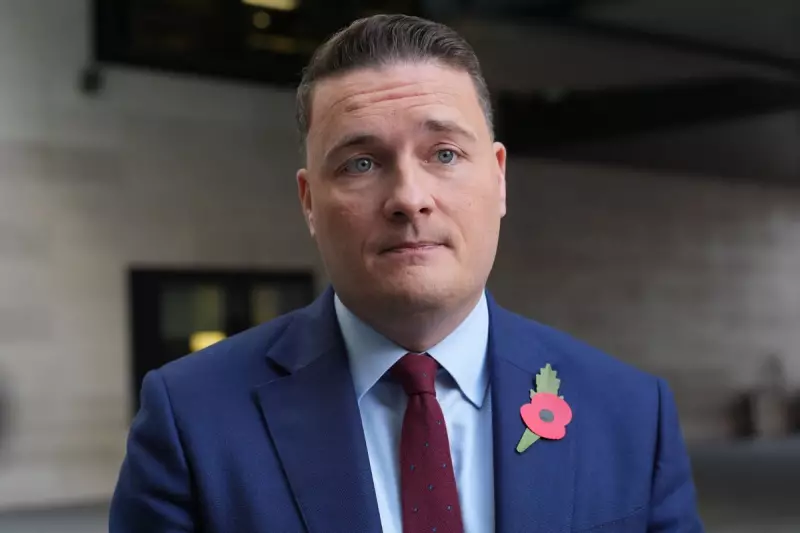
In a dramatic escalation of tensions, Health Secretary Wes Streeting has launched a blistering attack on the British Medical Association, declaring the doctors' union to be the single biggest obstacle to reforming the crisis-hit NHS.
The newly appointed minister didn't mince words during his first major intervention, stating unequivocally that the current state of England's health service falls far below the standards patients deserve and fundamentally requires radical transformation.
Confrontation Over Industrial Action
Streeting's comments come amid ongoing disputes with junior doctors, who have recently resumed strike action in their prolonged pay dispute with the government. The health secretary made it clear that while he respects the right to strike, he believes the BMA's current approach is damaging both to patients and the long-term health of the NHS.
"The BMA's leadership seems more interested in fighting than fixing," Streeting told reporters. "Their constant industrial action and resistance to necessary changes are preventing us from delivering the modern, efficient healthcare system that both staff and patients deserve."
Blueprint for NHS Transformation
The health secretary outlined his vision for a fundamentally restructured NHS, focusing on several key areas:
- Reducing waiting times through increased efficiency and technology adoption
- Expanding community-based care to ease pressure on hospitals
- Implementing modern management practices across all NHS trusts
- Developing a sustainable long-term workforce strategy
However, Streeting acknowledged that achieving these reforms would require cooperation from all stakeholders, including the medical profession's primary representative body.
Doctors Respond to Criticism
Early responses from within the medical community suggest Streeting's confrontational approach may face significant resistance. Many doctors feel the government is attempting to blame medical professionals for systemic failures that have developed over decades.
"It's easy to point fingers at doctors," one senior consultant commented anonymously. "But the real issues stem from chronic underfunding, political mismanagement, and failure to address workforce planning. We're not the problem - we're the solution."
As the standoff continues, patients across England face uncertainty about when normal service might resume, with many fearing the political battle could prolong the very disruptions both sides claim to want to resolve.





